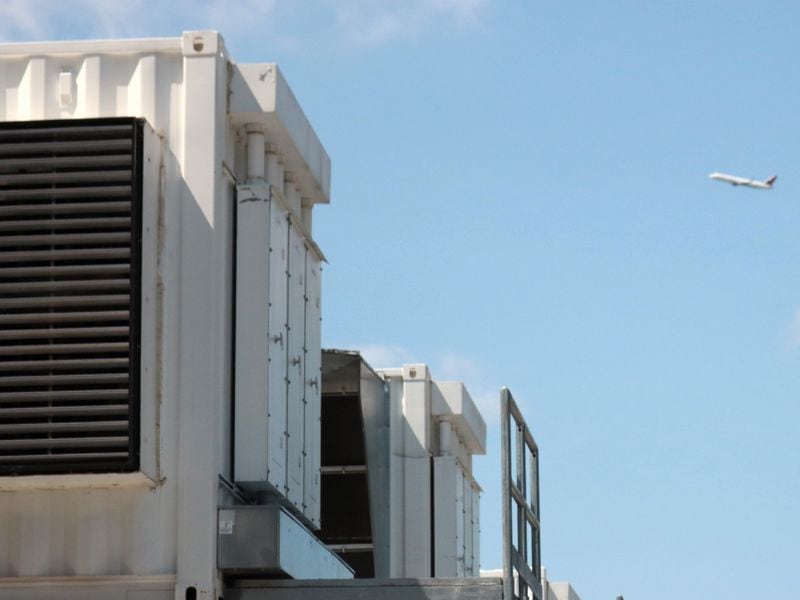CoinDesk Reporters Discuss FinCEN Files, Venezuela’s Stablecoin Flop and More
CoinDesk Reporters Discuss FinCEN Files, Venezuela’s Stablecoin Flop and More
From the CoinDesk Global Macro news desk, this is Borderless – a twice-monthly roundup of the most important stories impacting Bitcoin and the crypto sector from around the world. It’s created by reporters Nikhilesh De, Anna Baydakova and Danny Nelson.
For free, early access to Borderless, subscribe to CoinDesk Reports with Apple Podcasts, Spotify, Stitcher, CastBox or direct RSS for your favorite podcast player
On today’s show: the FinCEN files, AirTM isn’t working in Venezuela the way people hoped and stablecoin regulations are reappearing in the U.S. and Europe.
CoinDesk’s inaugural episode of Borderless discusses the FinCEN Files, which showed that not only is a global superpower keeping tabs on thousands of financial transactions, but it doesn’t appear to actually be tamping down on the alleged crimes it purportedly wants to halt using this data. What’s more, many of these transaction records aren’t suspicious. Should the government hold onto this personal and financial data for 20 years?
Stablecoin regulations are resurging in both Europe and the U.S., with government officials in both regions publishing new guidance discussing how stablecoins might be regulated and how issuers can interact with banks. The EU wants stablecoin issuers to abide by strict “e-money” rules, according to draft legislation leaked last week. Meanwhile, a federal banking regulator in the U.S. says nationally regulated banks can offer stablecoin issuers financial services.
This applies specifically to hosted wallets, meaning wallets that are controlled by a trusted (regulated) third party. Wallets where users directly control the keys do not fall into the guidance. For its part, the Securities and Exchange Commission warns that some of these digital assets may or may not look like securities, and recommends that issuers contact it prior to launching a new token.
Another stablecoin story down in Venezuela has us rethinking whether the country’s purported crypto economy is really as robust as the headlines make you think. CoinDesk contributor Jose Rafael Pena Gholam writes that opposition leader Juan Guaido’s attempted airdrop of $19 million in stablecoins to Venezuela’s “health heroes” has fallen flat.
The money came from funds seized by U.S authorities. Guaido was hoping to use it to back pay thousands of health workers with a $100 bonus for three months of work, but the drop has been hampered by the Maduro regime and tech hiccups.
Reporters Nikhilesh De, Daniel Nelson and Anna Baydakova discuss these issues and more on this inaugural episode of Borderless.
For free, early access to Borderless, subscribe to CoinDesk Reports with Apple Podcasts, Spotify, Stitcher, CastBox or direct RSS for your favorite podcast player









